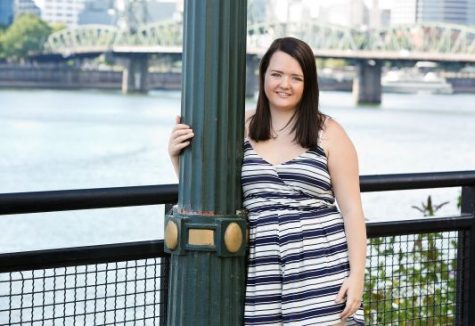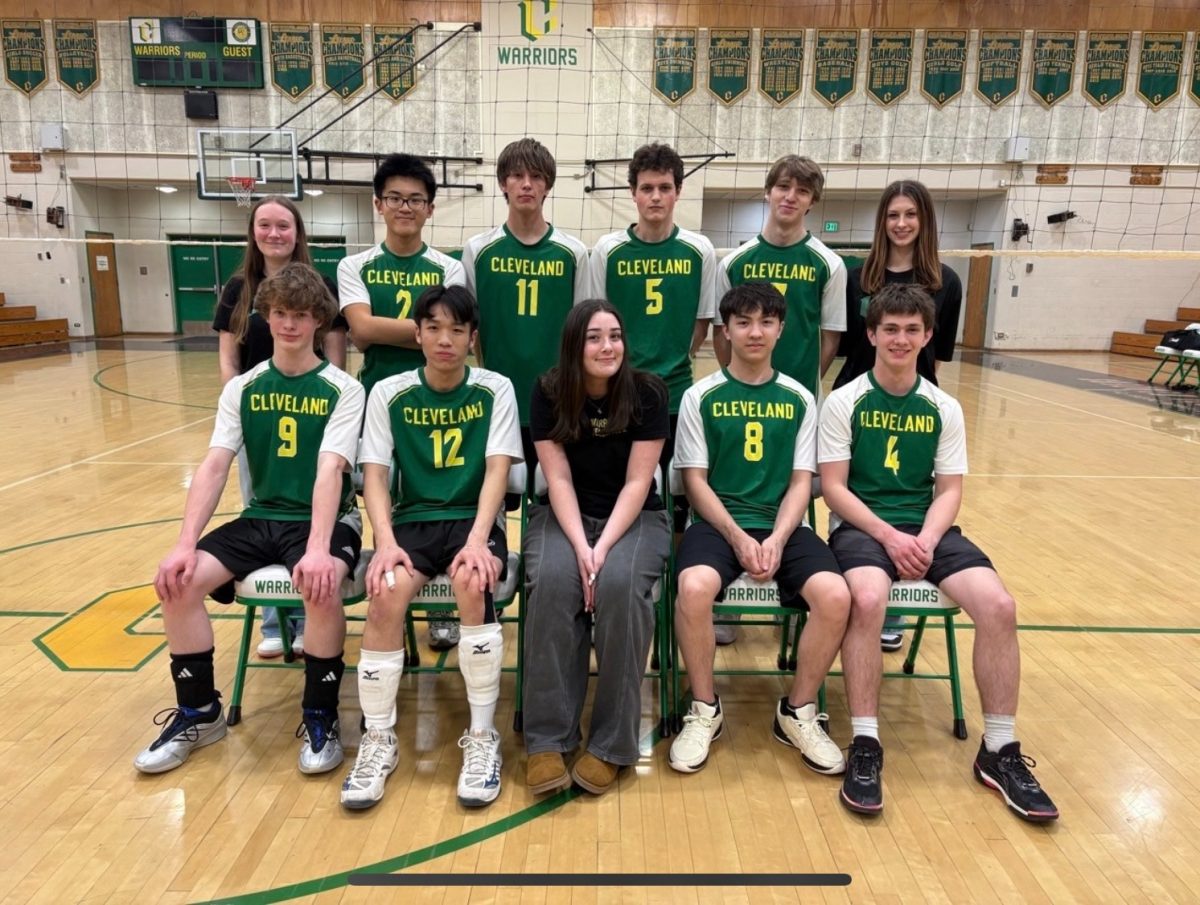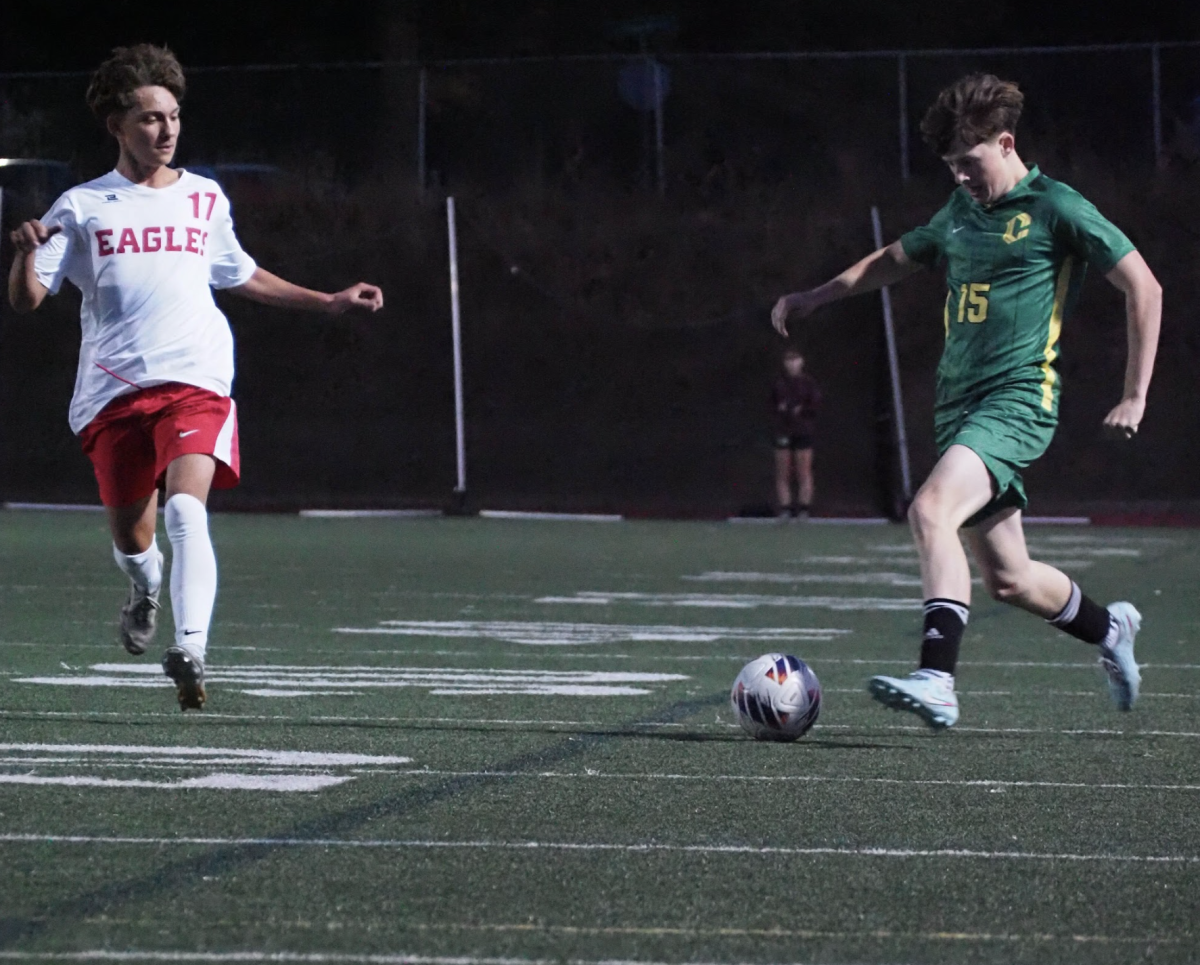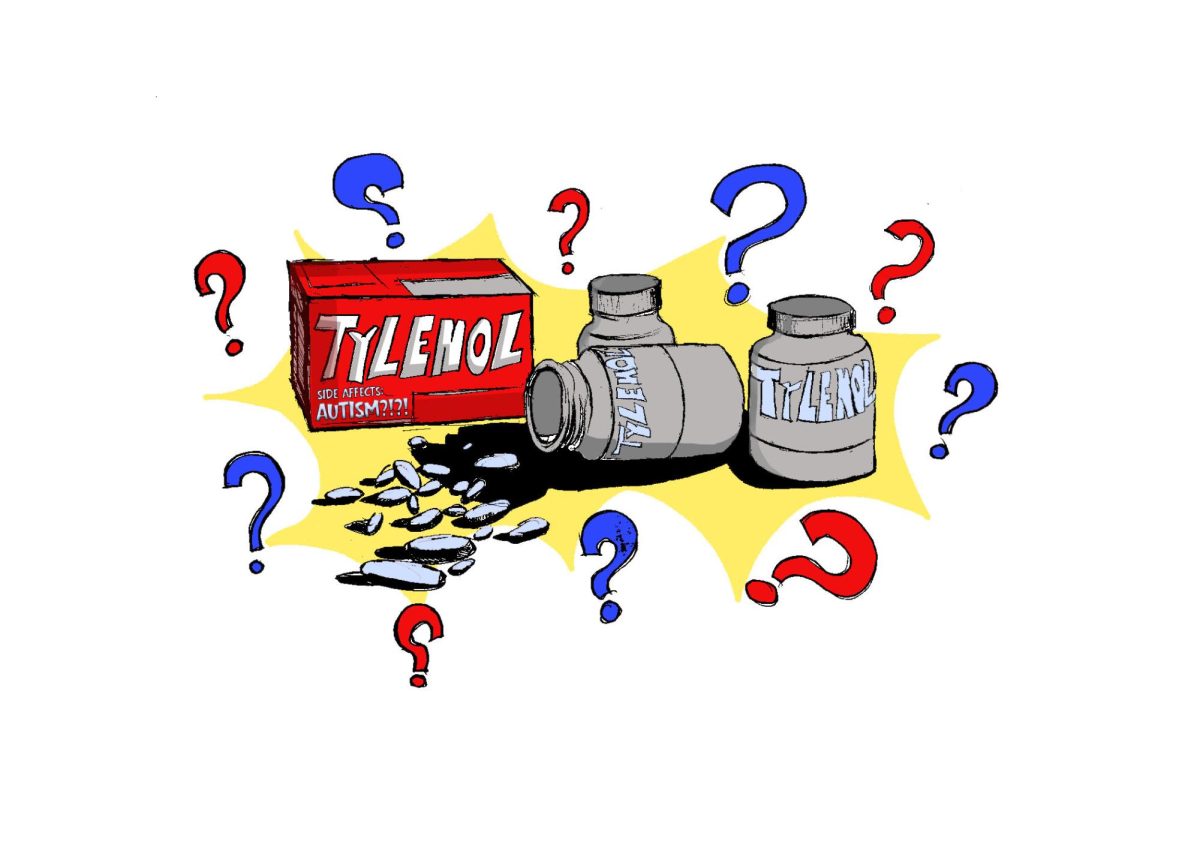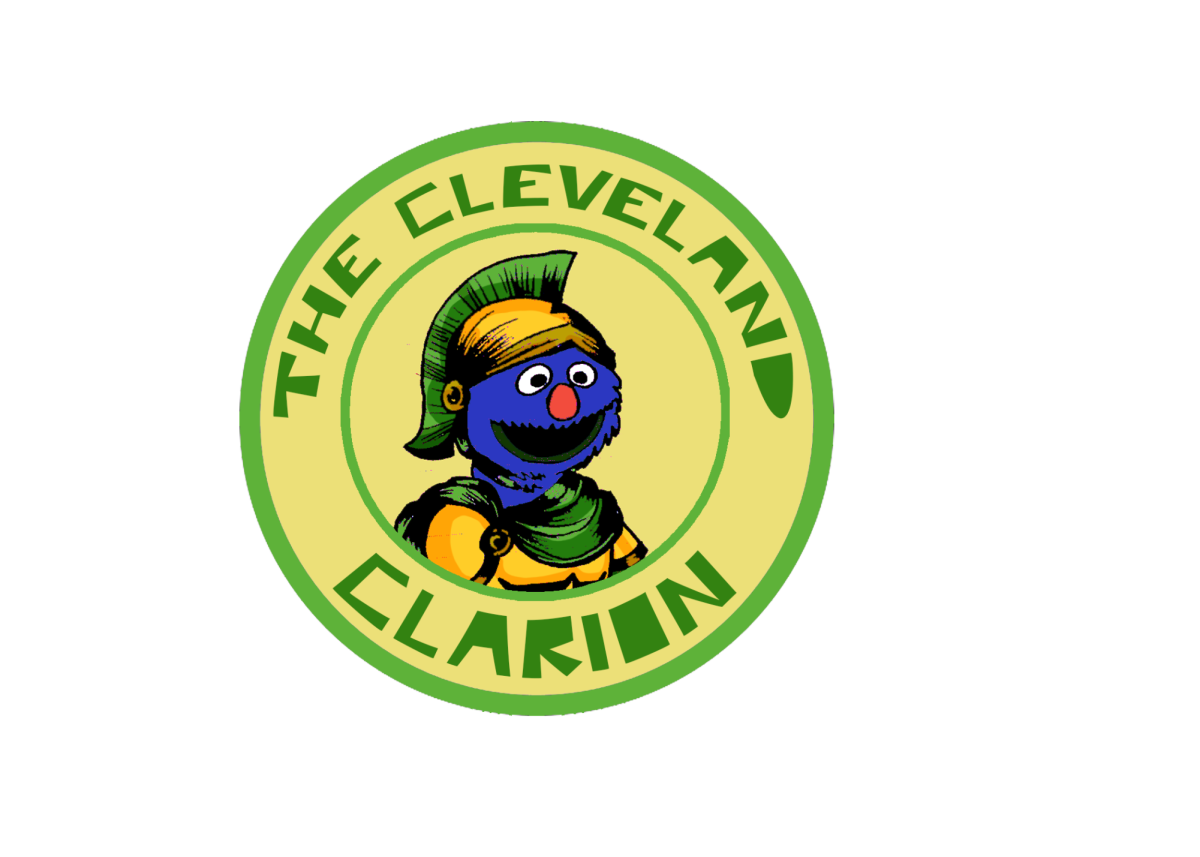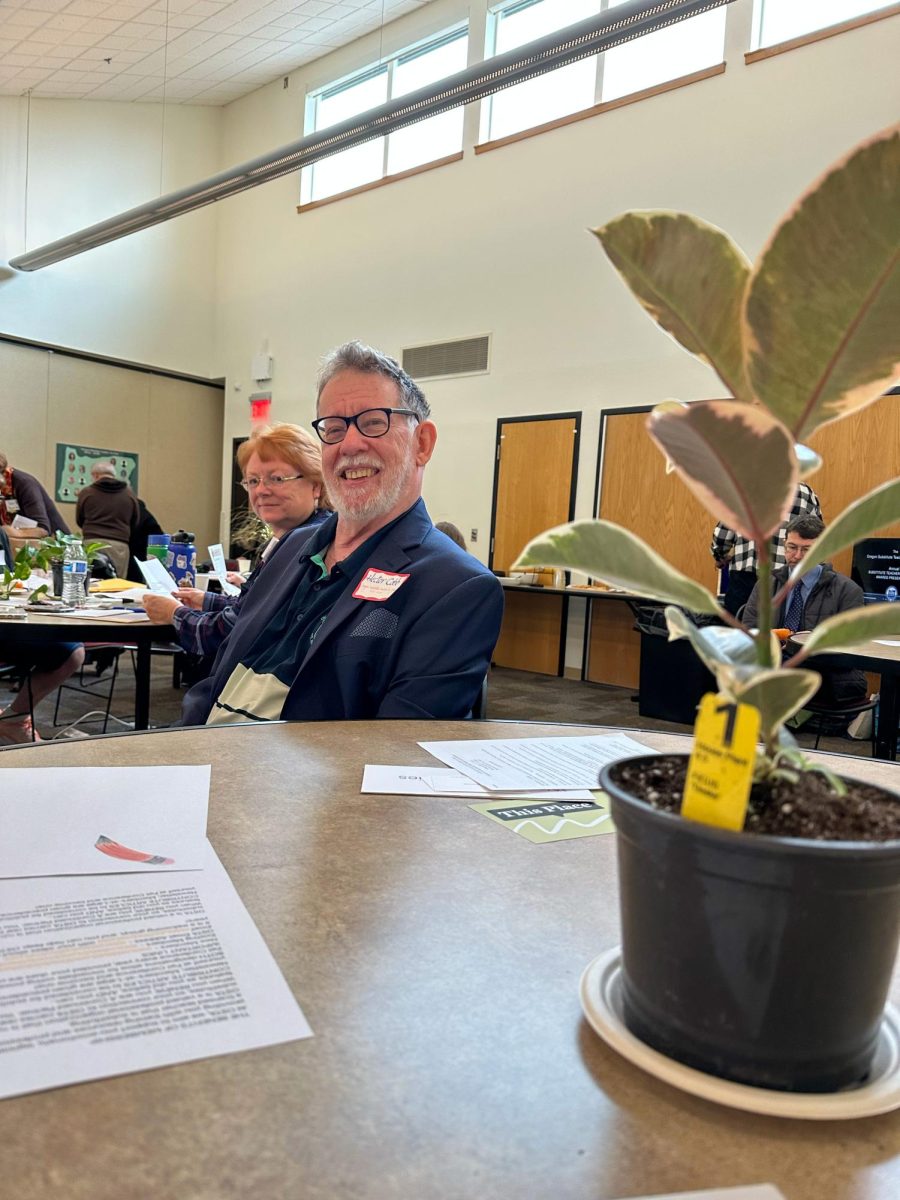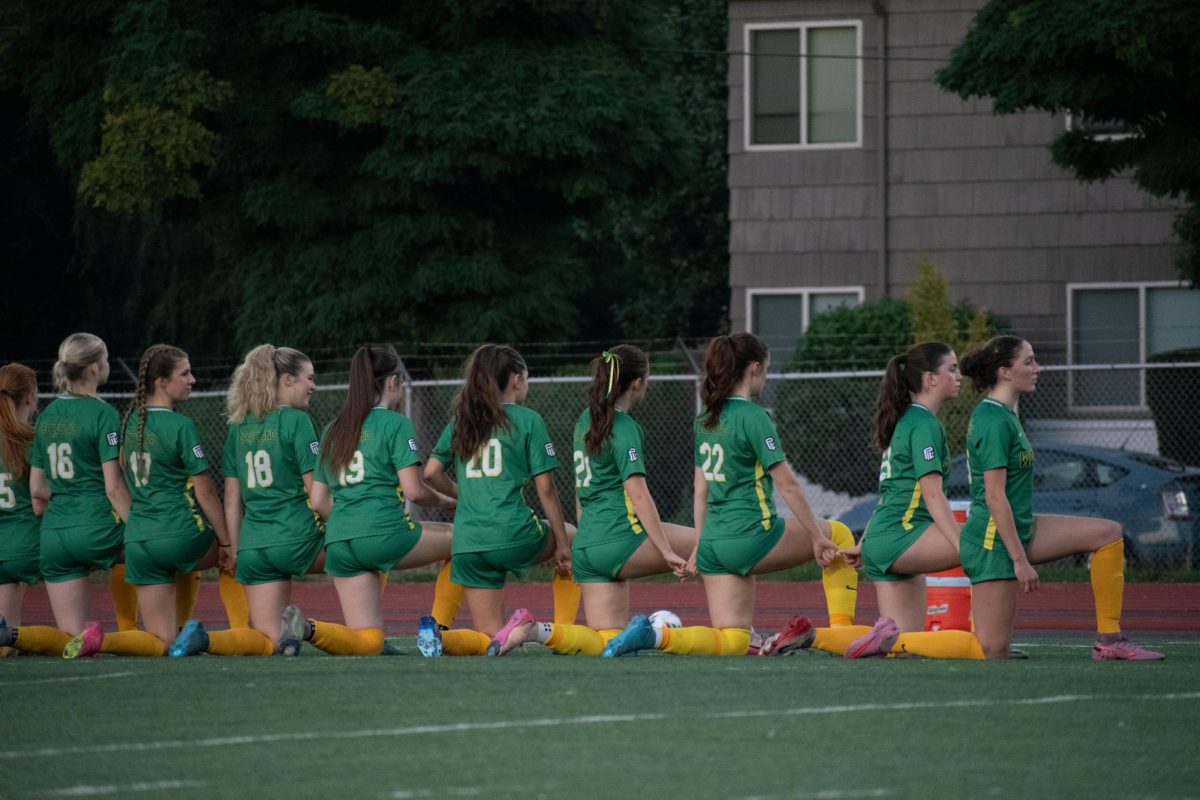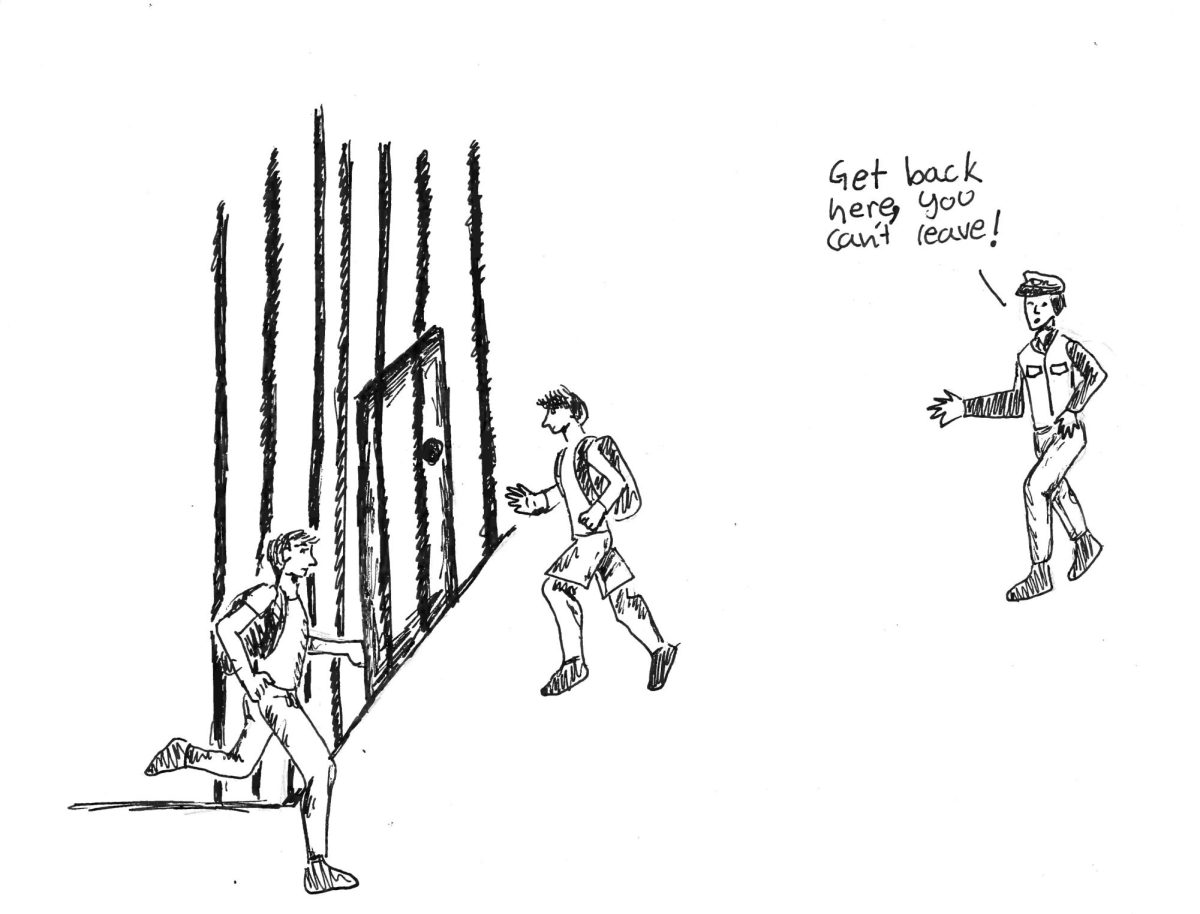Student Complaint Prompts School Review of Sundancer Name
May 30, 2017
The name of the Cleveland dance team–the Sundancers–is in review after a Native American student has stepped forward and asked for it to be changed, calling it appropriation of Native American culture.
When sophomore Nia Williamson attended the homecoming assembly this year she was excited, that is until “they announced, ‘And here are your Sundancers!’ And right as I heard that name it was like my heart dropped,” said Williamson.
Williamson is part of the Nez Perce. In her tribe they don’t do the Sundance ceremony, but “we have alliances with the North Dakota, Montana, Arizona tribes so they’ve invited us in and we participate in sundancing,” she explained of the religious ceremony. She has prayed and offered support during a Sundance ceremony but has not actually danced in one.
Her roots in the Nez Perce run deep, as does her family’s connection to the Sundance. Nia’s dad, John Williamson, said, “For a time shortly after the Nez Perce war of 1877, my great grandpa, he lived with Sitting Bull and his people in Canada, and he Sundanced with [them].”
After the assembly Nia approached her parents about her concerns. From there they contacted Cleveland Principal Tammy O’Neill, voicing their complaint.
O’Neill began to address the issue in some meetings in the late winter and early spring. “Right now it’s just getting a good understanding around the name and hearing from them their concerns about the name so I can learn more. If it comes to a place where we find that it is negatively affecting and really denigrating and appropriating a culture, we’re going to have to look and think about a new name,” said O’Neill.
When the Cleveland Indians mascot was changed to the Warriors and the newspaper from the Tomahawk to the Clarion (1988), it was determined that the Sundancers’ name was not offensive or appropriative. Nia, however, feels as though it is. “It seems really irresponsible to me to have a school that has a history of being offensive and then to just say it is coincidental, we didn’t mean it that way. Even if [appropriating Native American culture] wasn’t the intention, I still feel like it shouldn’t be allowed in any way.”
The name of Cleveland’s dance team isn’t the only issue of appropriation in question. Nia voiced concern over the facepaint used at assemblies earlier this year. And other Native American students have commented on some of the sport teams chants used. For example, a member on the Cleveland varsity football team confirmed the use of “Tribe on me! Tribe on three!” in a Clarion article published in December of 2016.
Through the meetings Nia reported that they have discovered the root of the problem of appropriation at Cleveland. “I think that the root of the problem is that we have remnants of an insulting history at our school that’s misleading a lot of people into thinking that some things they are doing are ok when they’re really not,” she said.
“I think our ultimate goal is to change the name, also just creating awareness as to why [the name] is bad, educating,” said Nia.
For her part, O’Neill has been keen on acting on student concerns, and she has agreed to the creation of a Native American club. “At the meeting we had to discuss the concern. The family and I were joined by the PPS Program Director of Indian Education, Angela Morrill and the Senior Director for High Schools, Oscar Gilson,” explained O’Neill.
At this point, O’Neill said she is unsure how long the process of changing the name could take. She is waiting for further information from her supervisor. “Any principal is going to be invested in examining a concern as significant as this. I’m already preparing detailed transition plans for the next principal. If I’m not still with the district when direction is provided, I’ll ensure that the new principal is fully apprised of the work we have done already,” said O’Neill, who will be principal of Clackamas High School next fall.
Nia said she will continue to have her voice heard. “Right now we’re in the process of getting equal representation of Native American youth in our school and discussing matters that we think would be appropriate, as students instead of staff,” she said.
Her cousin, junior Larae Ellenwood, has also been a part of the discussion. Nia credits her with helping Nia “gain the motivation to act on the major cultural appropriation that we see towards our communities. She has also been a huge support when I am feeling hesitant about my identity.”
Nia’s father, John Williamson, provided further insight. “I live in the middle of the Nez Perce Indian reservation. There’s a town that’s about 40 miles away from here and the town name is Nez Perce. The mascot there is the Indians. So I can’t say I was shocked or anything like that [when my daughter told me about the dance team’s name] because I think people are so oblivious to racism and how hurtful mascots and that whole issue can be. That community really feels like they’re doing something to honor us, which is totally ridiculous. So when I heard the name of that dance team I was hurt. I want to live in a world where things are better for my children, where they’re better for my grandchildren.”
In a previous article published by the Clarion in the fall addressing the concern of Native American appropriation at Cleveland, volunteer coach for the Sundancers, Criss Burgess-Haneberg defended the use of the name for the team, saying, “We just focus on the fact that the sun is bright and sunny and we dance.” Upon hearing that description read to him over the phone by this reporter, John responded, “What you just said describes the ceremony itself. If I were a five year old kid and I were to describe that ceremony, I would use those same words that you just used. I guess it’s pretty overt for someone to tell me that I shouldn’t be offended by their actions. That comes from a place of privilege.”
The Clarion reached out to Sundancer Coach Ana Reiser for a comment but has yet to hear back as of the time this article was published.
“I can speak for the head of my household because my dad is the oldest member of our family, of our clan, and I’m the oldest son, so I have that right to be able to speak for my family. Not for all Native Americans, not even for all Nez Perce. But I can speak for my clan, my family, and I can say that I don’t want to hear an apology, [instead] let’s take down and tear apart the system that was put in place, that is oppressive. Whether it’s oppressive in a sense of language or it’s an offensive system, whatever it is. I don’t want to hear any apologies. We need to start seeing and understanding each other as equals and we’ll never be equals if we’re obligated to a mascot status,” said John.



